A federal judge is expected to decide soon whether to allow the Federal Trade Commission’s ban on non-compete clauses to go into effect in September. The decision could affect about 30 million people.
AILSA CHANG, host:
A nationwide non-compete ban is set to take effect on September 4. These are agreements that prevent employees from going to work for a competing company or starting their own. But legal challenges to the nationwide ban are making their way through the courts. And this week a ruling by a federal judge in Texas could put the ban on hold. NPR’s Andrea Hsu spoke to two people with different hopes for how this legal battle will end.
ANDREA HSU, BYLINE: Let’s go to James Applegate first. He is a family physician at the Boyne Area Free Clinic in rural northern Michigan, where anyone can get free health care. He was delighted when the Federal Trade Commission narrowly approved the non-compete ban in April.
JAMES APPLEGATE: I was ecstatic because it’s so wrong for patients.
HSU: He says non-competes harm patients by driving away doctors. This is a problem that doctors across the country have written about in comments to the FTC. Noncompetes typically prevent doctors from taking another job within a certain radius, up to 50 miles, if they leave. So if a doctor has a problem with his employer and wants a new job, he should leave the area altogether.
APPLEGATE: They leave their patients. They should be removed from the community. It is simply morally wrong.
HSU: Applegate’s patients are mostly low-wage workers from area hotels and restaurants and ski resorts who are uninsured or underinsured.
APPLEGATE: If you have no insurance at all, see you. If you have large payments, we will see you.
HSU: Applegate relies on others in the area — cardiologists, orthopedists — to see patients who have more complicated medical needs. He referred them to specialists who would look at them from the sidelines and not charge them, even if the non-competes wouldn’t allow it. But many have moved on, and Applegate says that new doctors, younger…
APPLEGATE: They follow the rules.
HSU: They don’t want their employer to take them to court. These days, he tries to find specialists for his patients. And if his patients can’t access specialty care…
APPLEGATE: They end up getting stuck. They end up doing the best I can for them until they end up in the emergency room and then they get a big bill.
HSU: So if the non-compete is finally lifted…
APPLEGATE: I would be very disappointed.
HSU: A thousand miles south, Sarah Ruiz has a different view of things. She is the owner of Sweet Tea Yoga, which she opened in Peachtree City, Ga., in 2018. She had recently moved there and discovered that there were no dedicated yoga studios in the golf cart community of about 40,000 people .
SARAH RUIZ: My husband and I were like, hey. This is a great opportunity.
HSU: She says that at first, she never thought about getting her teachers to sign a non-compete. She knows that yoga teachers usually have to work together to make a living. But in 2021, one of her teachers opened a brand new studio three miles away, taking half of Sweet Tea’s unlimited monthly memberships—regulars.
RUIZ: It burned and hurt. So after that, I then created a non-compete.
HSU: Now, it still allows its teachers to teach elsewhere, anywhere. Some teach at a nearby wellness center. Others teach online from their homes. But its noncompete limits them from opening a new studio within a five-mile radius for two years. She says not a single teacher has refused to sign it.
RUIZ: Most of them were supportive.
HSU: They lost revenue too when half the regulars left. Ruiz says that together, they climbed out of that hole, but it took time.
RUIZ: It took a full year, if not a year and a half before we got back to where we were.
HSU: Now she’s worried about what will happen if she’s not allowed to include non-competes in her teacher contracts.
RUIZ: Without protection, my business is at risk.
HSU: The rule has some changes, including for senior executives, but not for small business owners like Sarah Ruiz. So if and when the no-compete ban goes into effect, she says she’ll have to have a talk with her teachers and hope for the best. Andrea Hsu, NPR News.
Copyright © 2024 NPR. All rights reserved. Visit our Terms of Use and Permissions pages at www.npr.org for more information.
NPR transcripts are created on a rush timeline by an NPR contractor. This text may not be in its final form and may be updated or revised in the future. Accuracy and availability may vary. The authoritative recording of NPR programming is the audio recording.
